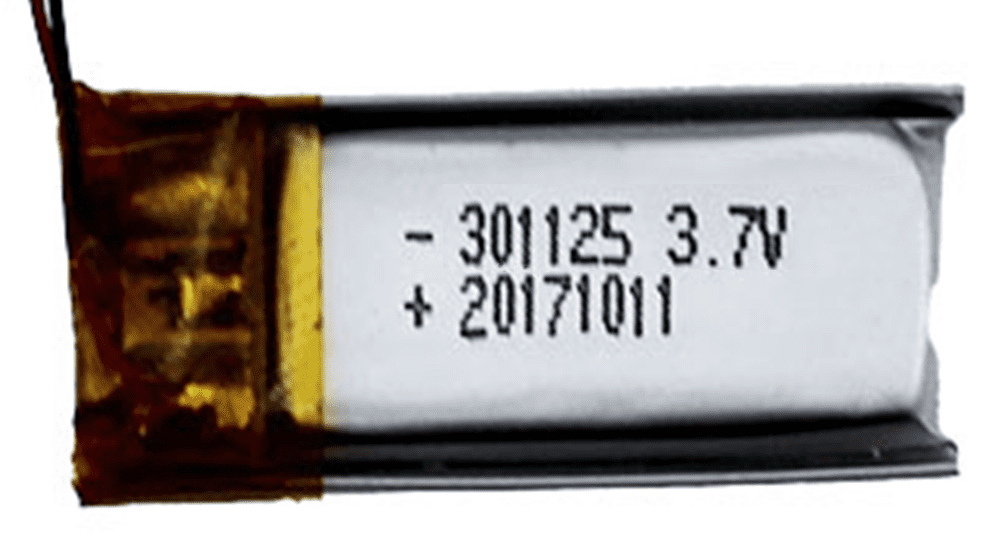- Curved Lithium Polymer battery
- Fast Charge Polymer Battery
- Flexible Polymer Lithium Battery
- Ultra-thin Polymer Battery
/ Blog / Battery Knowledge /
Lithium polymer batteries are lightweight, low-voltage, and have a longer lifespan than other batteries. They also have a high power-to-weight ratio, making them ideal for applications such as cars, drones, and cell phones. In this guide we’ll cover the basics of lithium polymer batteries and how they work, along with some safety precautions to keep in mind before using them. We’ll also talk about what you need to do when your battery is no longer working or needs recycling.
What are lithium polymer batteries?
Lithium polymer batteries are lightweight, low-voltage, and have a longer lifespan than other types of batteries. They also have a high power-to-weight ratio, making them ideal for applications such as cars, drones, and cell phones.
How do they work?
Lithium polymer batteries are made up of a solid polymer that conducts lithium ions between the two electrodes. This is a lot different from traditional batteries, which typically have one or more liquid electrolytes and metal electrodes.
A typical lithium polymer battery can store 10 times more energy than the same size lead-acid battery. And because these types of batteries are lighter, they’re ideal for applications such as cars and drones. However, there are some drawbacks with this type of battery. For example, they have a lower voltage than other types of batteries. This could affect some applications that require high voltages or currents to function properly.
There are also many safety precautions you need to take when using lithium polymer batteries in your car or drone. You should never mix the old and new types of batteries together or put them in series (parallel increases the risks). It's recommended that you use only one lithium polymer cell per circuit to prevent any kind of accidental discharge or explosion. If you do experience any issues with your battery, it's important to contact a professional right away! They will be able to evaluate what happened and figure out whether it was due to an internal malfunction within the battery itself or external factors like misuse on your part.
Safety precautions
If you’re using lithium polymer batteries, it’s important to take some safety precautions to avoid any mishaps. For example, you should never puncture or disassemble a lithium polymer battery. Doing so may release toxic fumes and can cause injury to your eyes or skin. In addition, don't expose the battery to temperatures higher than 140 degrees Fahrenheit (60 C) for more than four hours. You also shouldn't charge or discharge the battery beyond its specifications and don't let it get wet.
Some people choose not to dispose of their lithium polymer batteries when they're done with them. But if you want to recycle them responsibly, simply send them back to the company they came from when they stop working properly. They'll dispose of it properly and recycle the materials inside.
Lithium polymer batteries are the future of battery technology. They are safer, lighter, and more environmentally friendly than their predecessors. The future is here, and if you want to be a part of it, you need to make sure you know the facts.




